Interpretations
The fact that both the National Curriculum in England and the national assessment objectives that frame public examinations at GCSE and A-level include a focus on ‘historical interpretations’ (plural) as well as referring separately to students’ own use of evidence – makes it very clear that there is an important distinction between the disciplinary concepts of ‘evidence’ and ‘interpretations’. While the former is concerned with students’ use of sources to develop their own interpretation of events; the latter is concerned with students’ exploration and explanation of how and why interpretations developed by historians differ from one another. (Both have a critical role to plan in students’ historical learning – and both need to be carefully planned!) Giving students the confidence and the knowledge to handle competing interpretations is undoubtedly challenging, but the materials in this section show how careful planning within and across the key stages (including Key Stage 3) can help students of all ages to engage effectively with interpretations examining the relationship between historians’ accounts (in books and on television) and the particular questions that they have chosen to answer, as well as the sources on which they claim to have drawn. Read more
-

Cunning Plan 161: Magna Carta's legacy
ArticleClick to view -

How do you construct an historical claim?
ArticleClick to view -
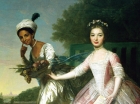
The Power of Context: using a visual source
ArticleClick to view -

Polychronicon 159: Interpreting Magna Carta
ArticleClick to view -

Polychronicon 158: Reinterpreting Napoleon
ArticleClick to view -
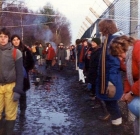
Polychronicon 157: Reinterpreting police-public relations in modern England
ArticleClick to view -

New, Novice or Nervous? 156: Analysing interpretations
ArticleClick to view -
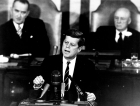
'But why then?' Chronological context and historical interpretations
ArticleClick to view -

Exploring the challenges involved in reading and writing historical narrative
ArticleClick to view -

Move Me On 155: Historical Intepretation vs. Opinion
ArticleClick to view -
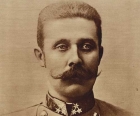
Polychronicon 155: Interpreting the Origins of of the First World War
ArticleClick to view -
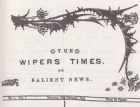
Using The Wipers Times to build an enquiry on the First World War
ArticleClick to view -
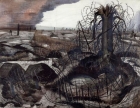
Helping Year 9 explore the cultural legacies of WW1
ArticleClick to view -

Polychronicon 154: Elizabeth I
ArticleClick to view -
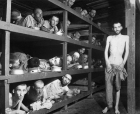
Polychronicon 153: Re-interpreting Liberation: the end of the Holocaust?
ArticleClick to view -

Helping Year 9 debate the purposes of genocide education
ArticleClick to view -

Polychronicon 152: Changing interpretations of the workhouse?
ArticleClick to view -
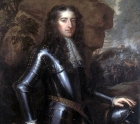
Polychronicon 151: Interpreting the Revolution of 1688
ArticleClick to view -

Cunning Plan 151: When and for whom has 1688 been 'Glorious'?
ArticleClick to view -
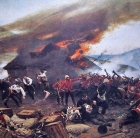
Do we need another hero? Rorke's Drift
ArticleClick to view

